Is Social Security Going Broke? Here’s the Truth
May 28, 2025It’s one of the most common fears in retirement: “What if Social Security runs out before I can claim my benefits?”
This fear drives a lot of rushed decisions — and in many cases, those decisions cost people thousands of dollars in lost income. In fact, 96% of Americans end up leaving money on the table simply because they don’t understand their options or they make decisions based on headlines instead of real planning.
In this post, I’m cutting through the fear and misinformation to give you the truth about how Social Security actually works, and why it should still be at the core of your retirement income plan.
Social Security: The Cornerstone of Retirement
Whether you’ve saved $500K or more for retirement or you’re relying heavily on Social Security, the truth is that this benefit will likely be the largest, most reliable income source in your retirement years. That’s why I consider it the cornerstone of your Income Floor — the foundation of income you can count on every month, no matter what.
Unfortunately, understanding how and when to claim Social Security isn’t easy. With over 2,000 rules in the system, the claiming strategy that’s right for you depends on multiple factors — your age, health, marital status, earnings, other income sources, and more.
Is It Really Going Broke?
Let’s talk about the myth that won’t die: “Social Security is going bankrupt.”
While it's true that the Social Security Trust Fund is projected to be depleted by 2034, that doesn’t mean the system is going away. Why? Because Social Security is a pay-as-you-go system. That means today’s workers are paying for today’s retirees — and as long as people are working, money is going into the system.
Even if no changes are made, the program will still be able to pay about 80% of promised benefits from payroll taxes alone. Is that a shortfall? Yes. Is it a crisis that wipes out your benefit? No.
Congress has made fixes in the past (like in 1983), and it's likely changes will be made again. But don’t let fear drive your decisions.
The Real Risk: Overpayments
While insolvency gets all the media attention, Social Security overpayments are a far more immediate and serious threat to your retirement income.
Over 1 million Americans receive overpayment notices from Social Security each year. Many of these are the result of errors that go unnoticed for years — and the bill can be devastating. I’ve seen clients hit with demands to repay $50,000 to $250,000 due to errors that weren’t even their fault.
And Social Security’s position? Their mistake, your responsibility.
That’s why it’s so important to have a personalized strategy and double-check your benefit accuracy.
Key Terms to Know
Before we go further, make sure you understand these four essential Social Security terms:
-
FRA (Full Retirement Age): The age at which you’re eligible to receive 100% of your Primary Insurance Amount.
-
PIA (Primary Insurance Amount): Your monthly benefit at FRA, based on your earnings history.
-
DRC (Delayed Retirement Credits): An 8% annual increase you earn by waiting past FRA to claim.
-
COLA (Cost-of-Living Adjustment): Annual increases that help Social Security benefits keep up with inflation.
How Claiming Age Impacts Your Income
Claiming at 62 will reduce your benefit significantly, while waiting until 70 can increase it by 24% or more. Add in COLAs and delayed retirement credits, and the difference can be massive.
In some years, like 2023, you could receive a COLA of 8.7% plus 8% from delaying — a 16% increase in a single year. That’s hard to match in the market, especially with no risk involved.
The Different Types of Social Security Benefits
Most people think of Social Security as a retirement check, but there are actually five types of benefits (four of which we focus on here):
-
Retirement Benefits – Based on your own work record.
-
Spousal Benefits – For current or ex-spouses who meet specific requirements.
-
Survivor Benefits – For spouses, ex-spouses, and dependent children of deceased workers.
-
Dependent Benefits – For children, adopted children, or even grandchildren under specific conditions.
Many people don’t know they’re eligible for more than one benefit. You may be able to claim one and switch to another later — but only if you plan ahead.
Social Security and Your Income Floor
Your Income Floor is made up of predictable, guaranteed income sources that cover your basic expenses — so you can live your retirement years without financial stress.
For many people, that Income Floor includes:
-
Social Security
-
Pensions
-
Annuities
-
Whole Life Insurance (cash value access)
Think of it this way: once your fixed expenses (housing, food, insurance, healthcare) are covered by reliable income, your remaining savings can be used for growth, flexibility, and lifestyle.
What to Do Next
Social Security is complex — and your decision is often a one-time choice. That’s why getting a customized plan matters.
I use a powerful software tool called the RSSA Roadmap to help you analyze your options, understand trade-offs, and make the right claiming decision for your life.
You can get started here: www.SocialSecurity.Solutions
Ready to Retire Financially Relaxed?
My goal is to help you eliminate the fear of running out of money, avoid costly mistakes, and retire with confidence and security. When you have safe, predictable income in place, you’re free to actually enjoy retirement — not just worry your way through it.
👉 Learn more at the Retirement Income School™
📞 Want to talk? Schedule a Retirement Income Q&A Call — I’d love to support you.
This is your chance to learn what you wish school had taught you so you can learn how to keep your money safe and make it last, so you can enjoy retirement!
DISCLAIMER: As a Registered Social Security Analyst (RSSA), I am an independent professional and am not affiliated with or employed by the Social Security Administration or any other government agency. The Social Security information I provide is for general informational purposes only and is not intended to constitute financial, legal, or tax advice.


